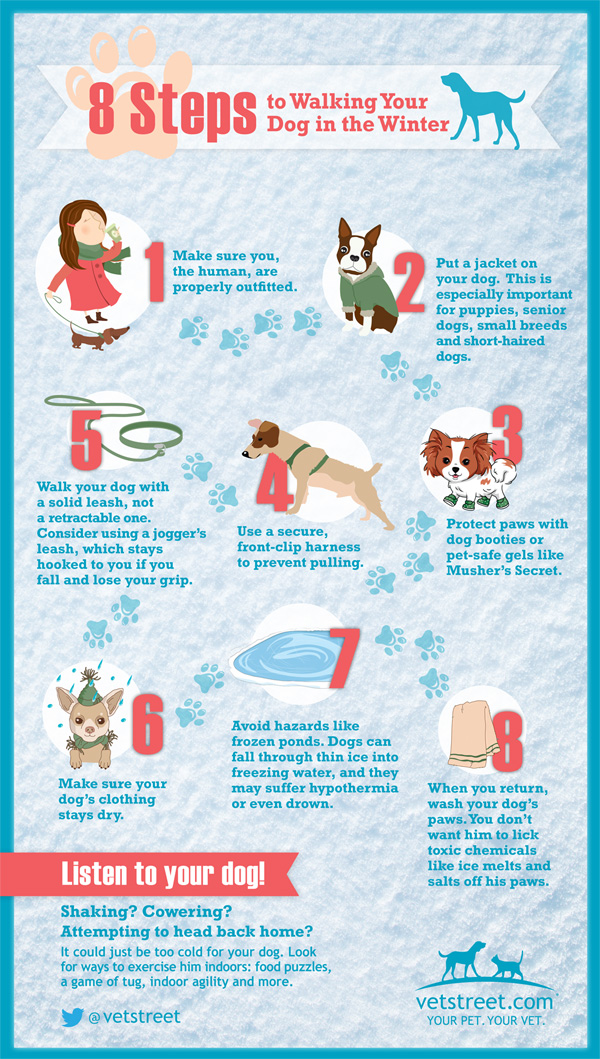Dog Daycare Routine Example
Dog Daycare Routine Example
Blog Article
Can Pet Daycare Cause Illness?
Pets in day care get lots of workout, socializing with other dogs and one-of-a-kind experiences. This can be specifically valuable for young puppies and pets with behavior issues.
There are numerous lawful factors to consider you need to consider when starting a dog day care service. These consist of the framework of your business and compliance with government policies.
1. Dog Distemper
Canine distemper is spread out via straight contact with the physical fluids and waste of an infected canine, however it can additionally be sent via shared water and food bowls or through airborne droplets. This extremely infectious health problem is most hazardous for pups, yet it can influence pets of any kind of age and is deadly for most if left neglected.
Preliminary signs of canine distemper commonly resemble an acute rhinitis, consisting of dripping eyes and nose with watery or pus-like discharge. As the condition proceeds, a pet will certainly create high temperature, coughing, lowered cravings, throwing up and looseness of the bowels. The infection can also attack the nervous system, resulting in seizures, twitching and partial or complete paralysis.
Reliable daycares reduce exposure to infection by calling for inoculations, regular health examinations and comply with stringent health procedures. If your pup seems extremely weary or hopping, a day off may help him recover, but you should stay clear of taking him back to childcare until these symptoms clear.
2. Kennel Coughing
Kennel coughing, likewise referred to as contagious canine tracheobronchitis or Bordetella, is an extremely infectious viral or bacterial disease that affects the respiratory system. It's generally moved with the exchange of saliva or air droplets that an unwell dog breathes out. Social pets go to higher threat for infection as a result of their constant communication with each other, such as when they play, share food or water, smell each other or merely satisfy in a congested atmosphere like a canine park or day care.
The most common symptom of kennel cough is a persistent and strong coughing that seems like something embeded the throat or retching. Commonly, pet dogs will cough up foamy white phlegm. If left unattended, a pet can establish pneumonia and be at significant danger permanently.
A reliable daycare facility need to have rigorous cleansing and sanitation protocols, disinfect all playthings, food and water bowls frequently, and be open regarding their vaccination policies. Maintaining your pet dog approximately date on their vaccinations, specifically for bordetella and canine flu, will substantially lower their opportunities of acquiring the disease.
3. Parvovirus
Canine parvovirus, or parvo, is a highly transmittable viral disease that can be fatal for dog boarding training near me puppies and young adult pet dogs with bad immune systems. It's most generally spread by direct contact with contaminated dog feces-- which can take place when dogs smell, lick, or preference infected feces-- and indirectly from contaminated individuals, items, or environments (like kennels, brushing spaces and lawns). Pups and canines without complete inoculation histories are specifically vulnerable to parvo.
The infection is very resilient, enduring in the atmosphere for approximately nine years, and can conveniently be transferred in between canines by contact with feces or on shoes, garments, and bedding infected with parvovirus. If not dealt with right away with IV liquids, electrolyte balance, throwing up control medications and anti-biotics to prevent second bacterial infections, a pet will rapidly dry out and develop serious looseness of the bowels, which results in shock and blood poisoning. Parvo is challenging to heal once a dog has come to be ill, however with ideal veterinary treatment, many young puppies do survive this ailment.
4. Canine Flu
Canine flu virus is extremely transmittable and spreads through straight contact, sharing food and water bowls, licking or nuzzling various other pets, with air-borne droplets, and with infected surfaces. Inoculation works in decreasing the threat of infection and outbreaks.
The majority of affected pet dogs develop a moderate respiratory system infection with a cough that lasts 1-3 weeks. They may additionally have nasal and ocular discharge, sneezing, and sleepiness. Some of one of the most serious situations cause pneumonia and a high fever.
If your dog displays any one of these symptoms, do not bring them back to daycare up until they are healthy and balanced. If your dog is showing indicators of severe fatigue or hopping, talk with your vet right now and see to it they are on health supplements to assist construct their resistance. A veterinarian will assess your pet for symptoms of the flu by taking a sample from the nose or throat, and blood examinations can be done to verify.